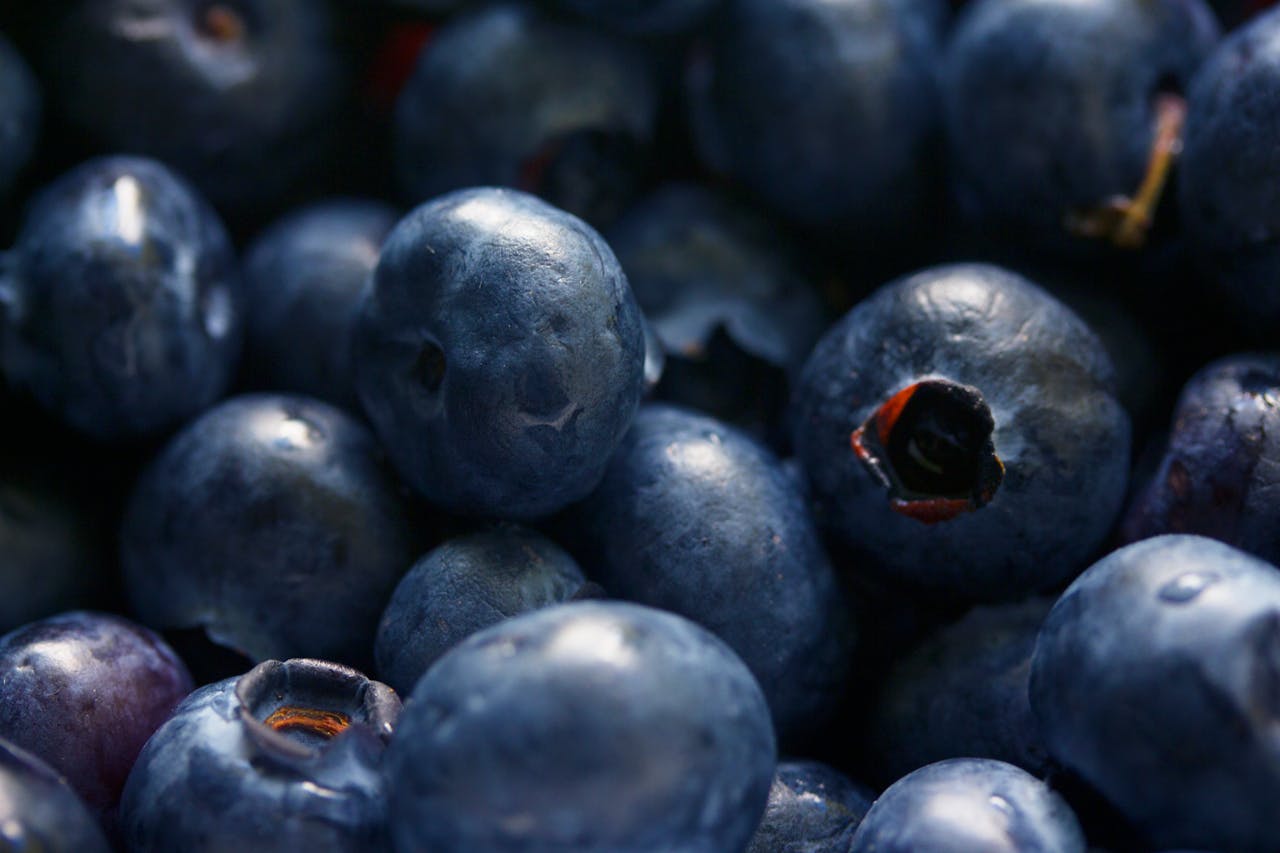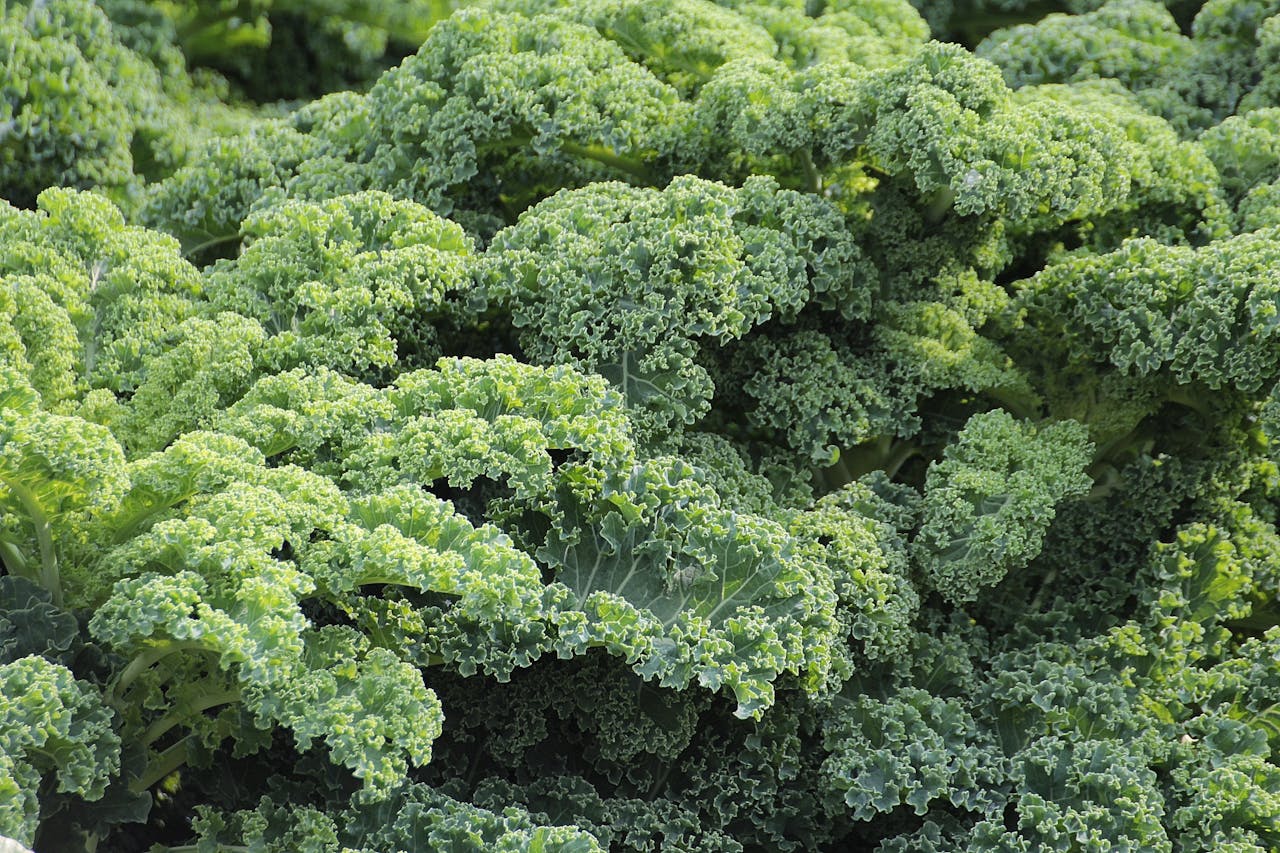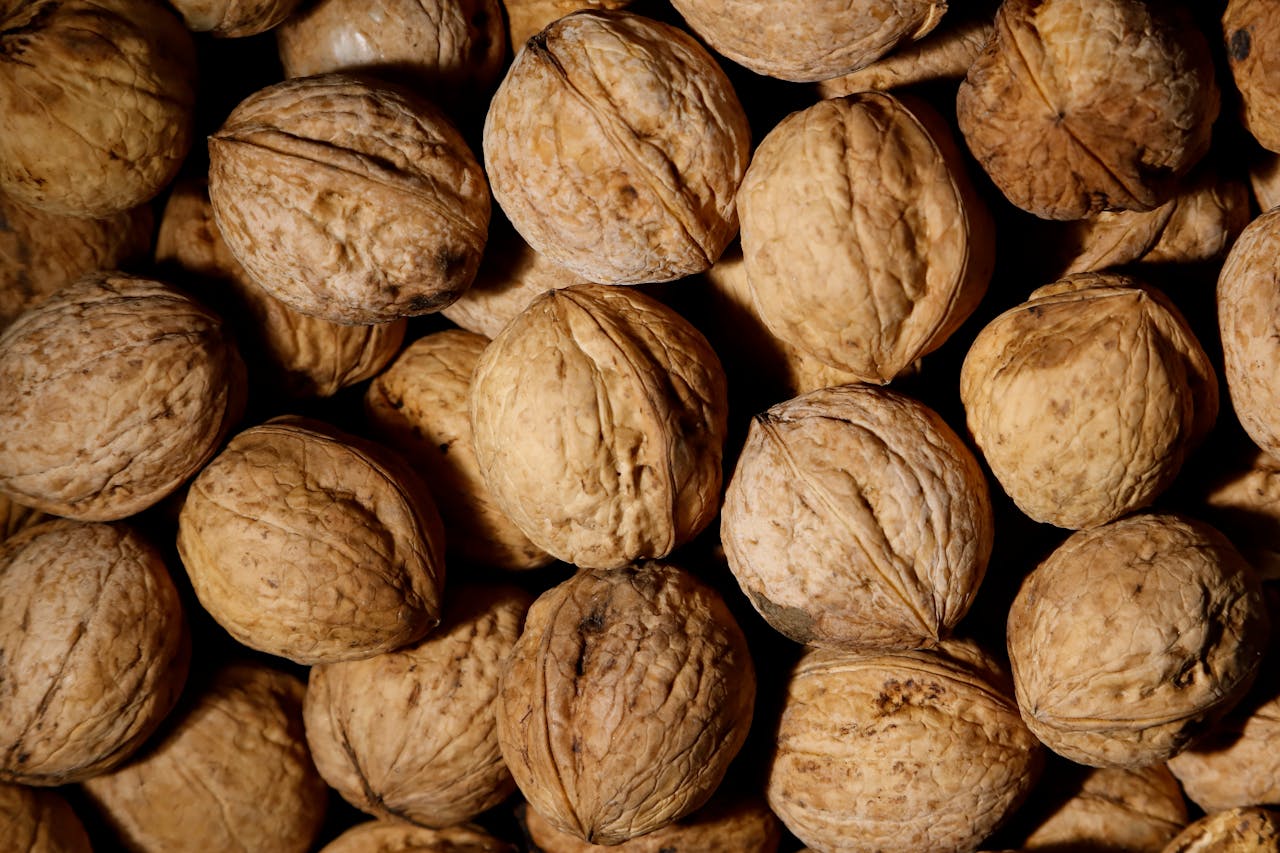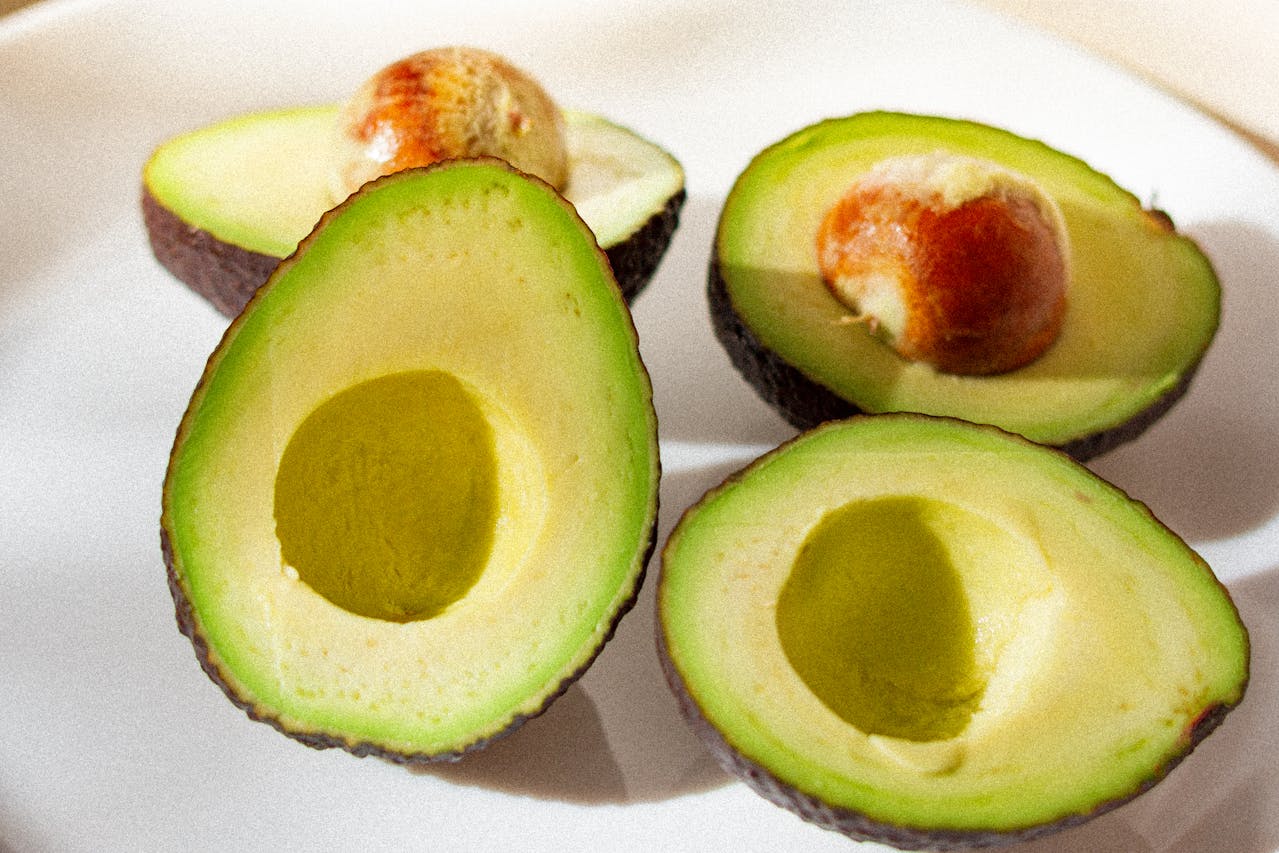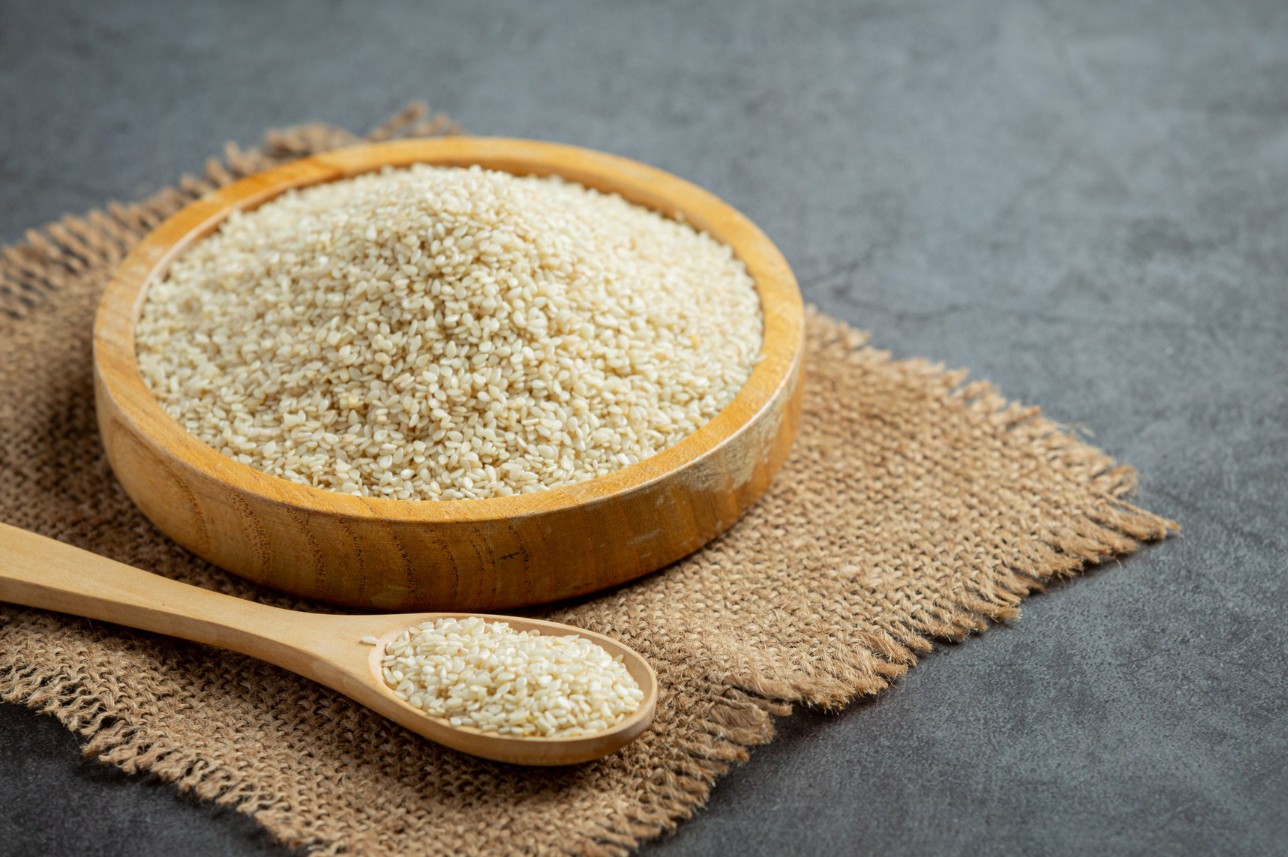As we age, our bodies require more care and attention to maintain optimal health. For individuals in their 50s, this often means making dietary changes to support heart health, bone density, and overall vitality. Superfoods—nutrient-rich foods that provide multiple health benefits—are becoming a popular choice for those looking to age gracefully. Here are seven superfoods that people in their 50s are incorporating into their diets for better health and well-being.
1. Blueberries: The Brain-Boosting Berry
Blueberries are packed with antioxidants, particularly anthocyanins, which give them their vibrant color and powerful health benefits. These tiny berries are known for improving brain health by reducing oxidative stress and inflammation, which can help protect against cognitive decline and memory loss. They’re also high in vitamin C and fiber, making them a heart-healthy option that supports digestion. Whether added to smoothies, oatmeal, or eaten as a snack, blueberries are a versatile and delicious way to boost your diet.
2. Salmon: The Heart-Healthy Protein
Rich in omega-3 fatty acids, salmon is a go-to superfood for supporting cardiovascular health. Omega-3s help reduce inflammation, lower triglyceride levels, and improve overall heart function, which is crucial as the risk of heart disease increases with age. Additionally, salmon is an excellent source of high-quality protein, vitamin D, and selenium, which are essential for maintaining muscle mass and bone strength. Opt for wild-caught salmon when possible for the highest nutritional value, and enjoy it grilled, baked, or in a hearty salad.
3. Kale: The Nutrient Powerhouse
Kale is a leafy green that has earned its reputation as a nutritional powerhouse. It’s loaded with vitamins A, C, and K, as well as calcium and fiber, making it an excellent choice for supporting bone health and digestion. Kale also contains antioxidants like lutein and zeaxanthin, which promote eye health—a common concern for those in their 50s. Whether used in salads, soups, or as a base for green smoothies, kale is a versatile addition to any diet.
4. Walnuts: The All-Around Health Nut
Walnuts are a nutrient-dense snack that offers numerous health benefits, particularly for brain and heart health. They are one of the best plant-based sources of omega-3 fatty acids, which help reduce inflammation and support cognitive function. Walnuts are also rich in antioxidants, magnesium, and vitamin E, which contribute to better heart health and reduced cholesterol levels. Adding a handful of walnuts to your daily diet, whether as a topping for yogurt or a quick snack, can make a big difference in your overall health.
5. Avocados: The Creamy Superfood
Avocados are celebrated for their creamy texture and incredible health benefits. They’re rich in monounsaturated fats, which are heart-healthy and help lower bad cholesterol levels. Avocados also provide potassium, which is essential for maintaining healthy blood pressure, and they’re a good source of fiber, aiding digestion and keeping you full longer. Incorporating avocados into your diet is easy—spread them on toast, add them to salads, or blend them into smoothies for a creamy boost of nutrients.
6. Quinoa: The Complete Protein Grain
Quinoa is a gluten-free grain that is packed with complete protein, containing all nine essential amino acids that the body needs. This makes it an excellent choice for maintaining muscle mass and supporting overall health as you age. Quinoa is also high in fiber, magnesium, and iron, which contribute to better digestion, energy levels, and bone health. Its versatility makes it a great addition to salads, soups, or as a side dish to complement your meals.
7. Dark Chocolate: The Sweet Antioxidant Treat
Dark chocolate is a delightful way to satisfy your sweet tooth while reaping significant health benefits. Rich in flavonoids, dark chocolate helps improve blood flow, reduce blood pressure, and support heart health. It also contains magnesium and iron, which are essential for energy production and maintaining healthy bones. To enjoy its benefits, choose dark chocolate with at least 70% cocoa content and limit your intake to a small square or two per day. Pair it with nuts or berries for a satisfying and nutritious snack.

